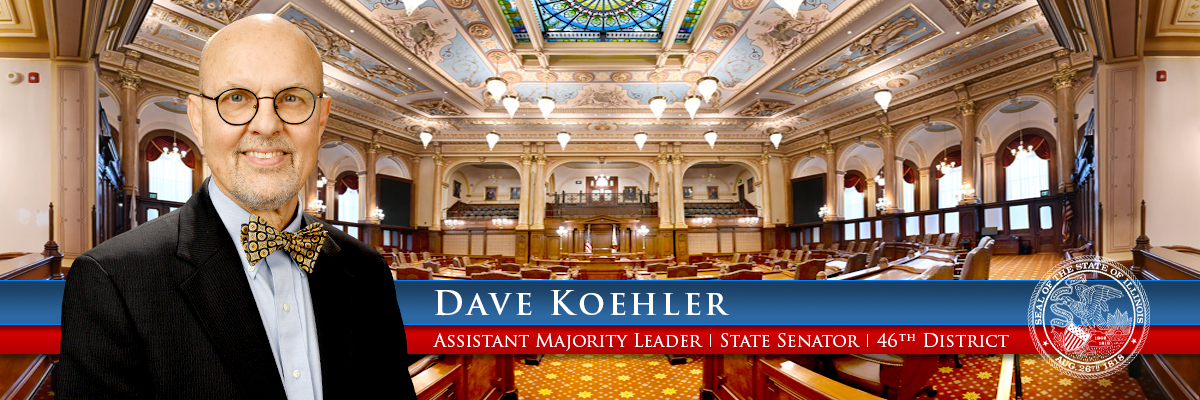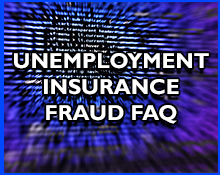Peoria County to receive over $1 million in state funding for construction projects
- Details
- Category: News
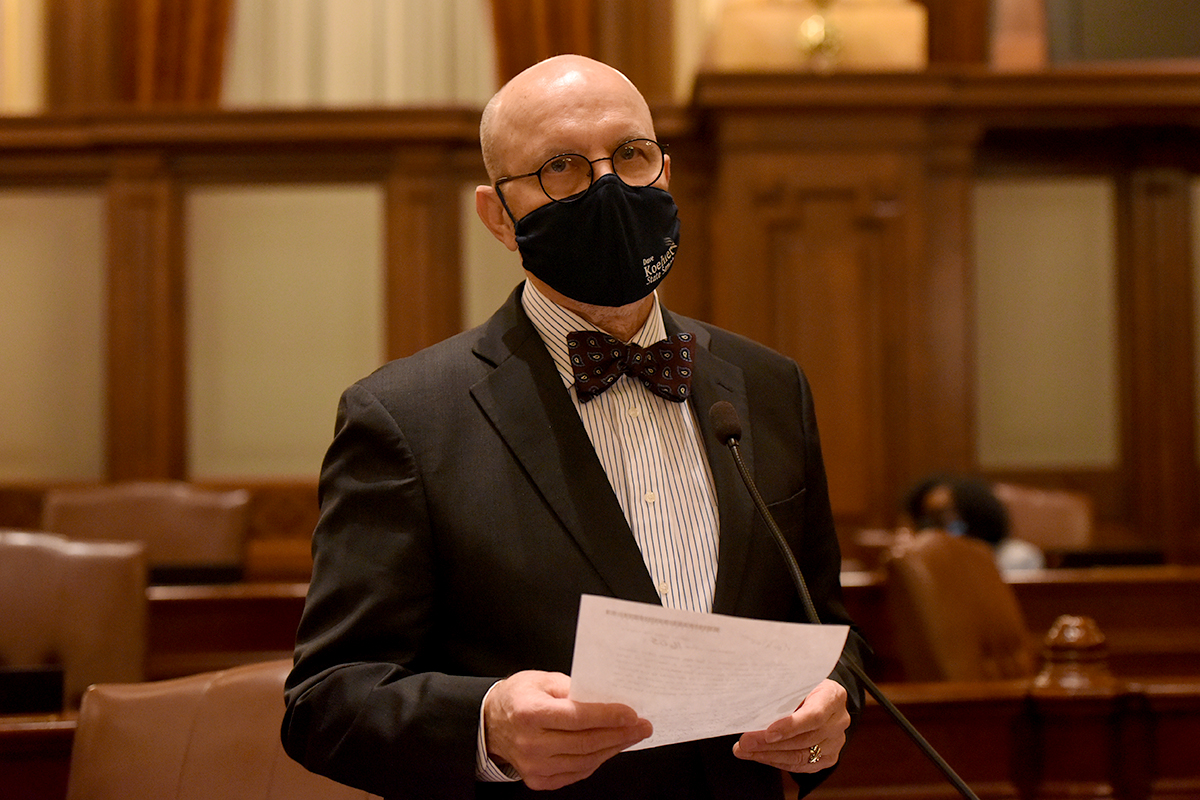
PEORIA – Peoria County is set to receive over $1 million in funding for construction projects over the next three years, State Senator Dave Koehler (D-Peoria) announced today.
“The Peoria area will see jobs for the next few years and reliable infrastructure long into the future as a result of this funding,” said Koehler. “Good infrastructure is the foundation we build the future on.”
The funds are being distributed as part of the 2019 Rebuild Illinois construction plan and will be distributed in six installments over the three-year period. Road and bridge improvements, new sidewalks and bike paths, or upgraded traffic signals are just a few of the changes that the Peoria area may see as a result of this funding.
Projects will be decided upon and managed at a local level, and will be overseen by the Illinois Department of Transportation.
Koehler calls for security and aid from Gov. Pritzker's 2022 budget
- Details
- Category: Press Releases
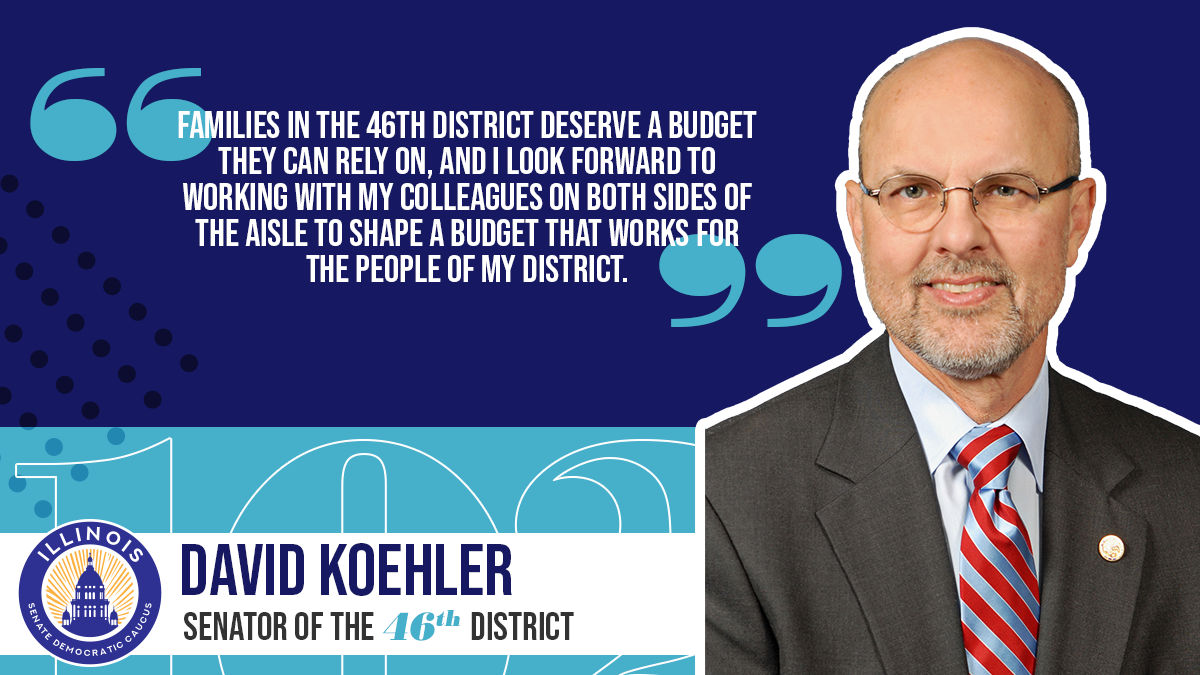
SPRINGFIELD – Following Governor JB Pritzker’s annual budget address, State Senator Dave Koehler (D-Peoria) released the following statement:
“I am pleased that the budget proposal is focused on providing stability and predictability to working families in these uncertain times.
“This year’s budget offers a notable increase in resources for older Illinoisans and individuals with disabilities, as well as additional funds for the Illinois Department of Employment Security to remedy delays in aid to those in need. Furthermore, this proposal calls for over $300 million more for human services and an expansion of MAP grants, providing increased support for those seeking higher education in my district and across Central Illinois. I am concerned, however, about the proposed reduction in funding for local governments. It does not make sense to take money away from our cities when they have experienced the same hardships as the state has. I feel that this will be a highly contested topic during negotiations.
“Families in the 46th District deserve a budget they can rely on, and I look forward to working with my colleagues on both sides of the aisle to shape a budget that works for the people of my district.”
Koehler to seek answers during Senate Labor Committee hearing on status of IDES issues
- Details
- Category: Press Releases
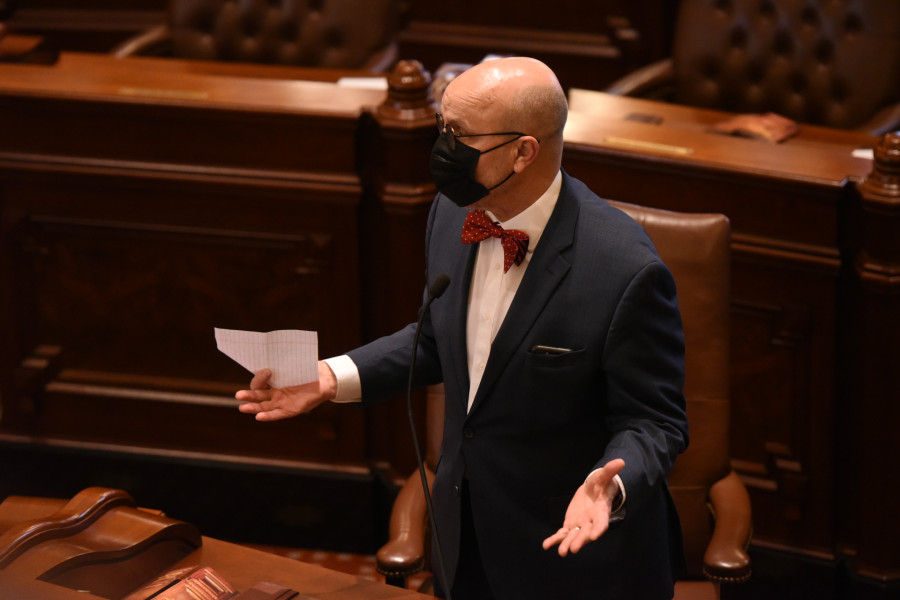
PEORIA – State Senator Dave Koehler (D-Peoria) will participate in a subject matter hearing of the Senate Labor Committee tomorrow at 10 a.m. to learn about the status of several unemployment insurance issues plaguing the Illinois Department of Employment Security over the last year. The unprecedented flood of claims during the COVID-19 crisis, when more than 1 million Illinoisans lost their jobs, overwhelmed the department.
“Issues with our unemployment benefits system have plagued the Department of Employment Security since the early days of the COVID-19 pandemic,” Koehler said. “It is not the goal of the committee to publicly scold the department or its employees, who have been working around the clock for those in dire need. But at some point we need concrete answers regarding what is being done to fix our broken system. It is my hope that this committee hearing will serve as a progress report on those issues from the department’s representatives.”
The public and lawmakers continue to express concerns about claimants being able to reach and receive assistance from the agency with their unemployment claims, as well as to get their payments. Illinois is also one of many states dealing with a wave of fraudulent claims, and the agency is seeking to implement tougher security measures to ensure benefits are only paid to verified recipients.
Since the pandemic began, Koehler has heard from colleagues and constituents about specific and ongoing issues. This hearing will give members serving on the Labor Committee an opportunity to ask for details from IDES officials.
To view virtual committee proceedings, visit https://ilga.gov/senateaudvid.asp and click "Watch Live Virtual Committee Video." The link will become available when proceedings begin.
Happy Black History Month!
- Details
- Category: News
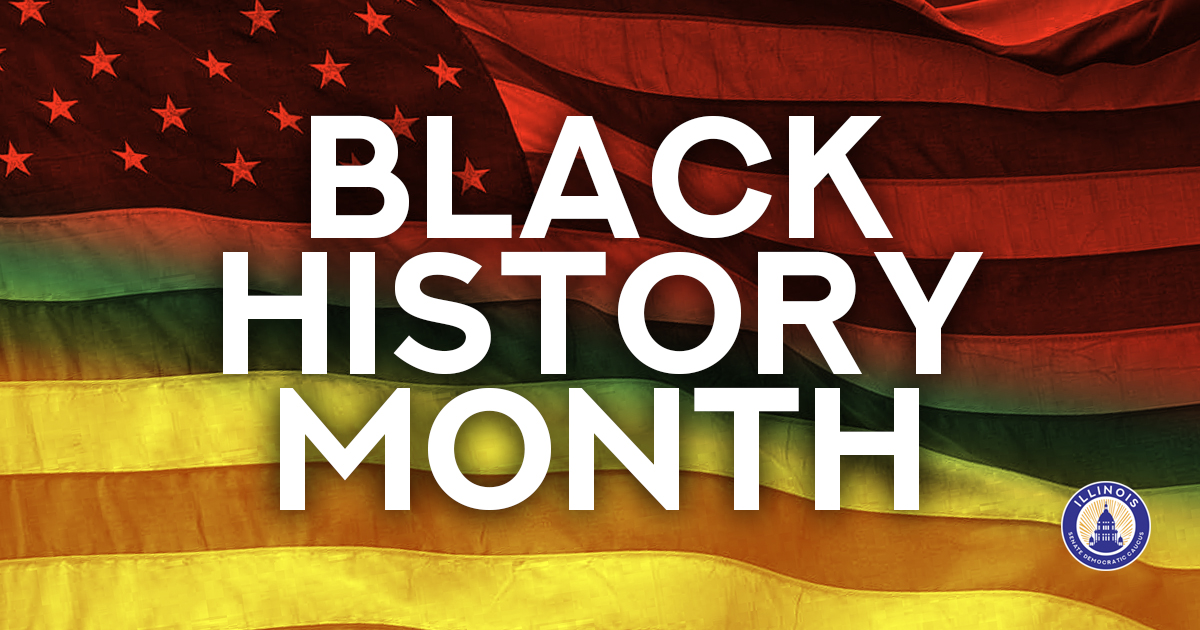
As we celebrate Black History Month, I want to recognize and remember people whose influence on me was personal and memorable. Certainly, there are many other significant African Americans with Peoria connections to mention, but I wanted to focus on those who are no longer with us and those whose impact I can testify to first-hand. I’ve had the privilege of serving alongside and building relationships with numerous African-American leaders who called our city home, namely Dr. Romeo Garrett, John Gwynn Jr., Annie Jo Gordon (mother of Rep. Jehan Gordon Booth) and Frank Campbell. During the course of my work as a young community organizer and staff person for Peoria Friendship House on the Near Northside, I had the opportunity to work alongside each of these individuals on numerous occasions. They not only inspired the community with their dedication to making life better for all Peorians, but they inspired me to get involved and to try and make a difference. Though they have passed on, their contributions to the rich history of our community, state, and country continue to endure.
Additionally, I want to highlight a man whose contributions to the Civil Rights Movement have, in my opinion, been underappreciated. A. Phillip Randolph is known for being the leader of the Brotherhood of Sleeping Car Porters Union, but he was also one of the most significant leaders of the 1963 March on Washington. Randolph and the NALC (Negro American Labor Council), which he led, were the initiators of the famous event that featured Rev. Dr. Martin Luther King Jr. and his “I Have a Dream” speech. His work inspired me, and though I was too young to attend the 1963 March, I jumped at the chance to attend the 20th Anniversary March in 1983 where I felt the presence of Randolph, Dr. King, and all of those who had sacrificed so much in the fight for racial justice. The experience served as a sobering reminder that while we had come so far in the decades prior, there was still work to be done and progress to be made. This sentiment was conveyed beautifully by a wonderful young reporter from the Peoria Journal Star named Pam Adams, who sent daily reports back home, giving all Peorians the opportunity to keep tabs on history in the making.
My attendance of the 20th Anniversary March followed a transformational period in my life. After graduating from Yankton College in my home state of South Dakota, I enrolled for my first year of seminary school at Payne Theological Seminary in Wilberforce, Ohio. Payne is an AME (African Methodist Episcopal) seminary, which meant I would be joining a majority African American student body. I was invited to the seminary by Dean Handley Hickey, who I encountered for the first time at a Consultation on Church Union meeting that took place in 1970, or thereabout. I was a youth delegate for my denomination, the United Church of Christ and while we sat together for numerous small group discussions, a valuable friendship was forged. My experience as the only white student at the school proved to be pivotal in the development of my outlook on the world. I will fondly carry the stories I heard, the things I learned, and the people I met with me for the rest of my life.
While the names above represent just a few of the remarkable African American leaders that touched my life in a significant way, this month is about placing a focus on the stories of all African Americans that are too often overlooked. I hope you will join me in celebrating history made, as well as history still in the making.
Happy Black History Month!
Dave Koehler
State Senator | 46th District
More Articles …
Page 59 of 110
